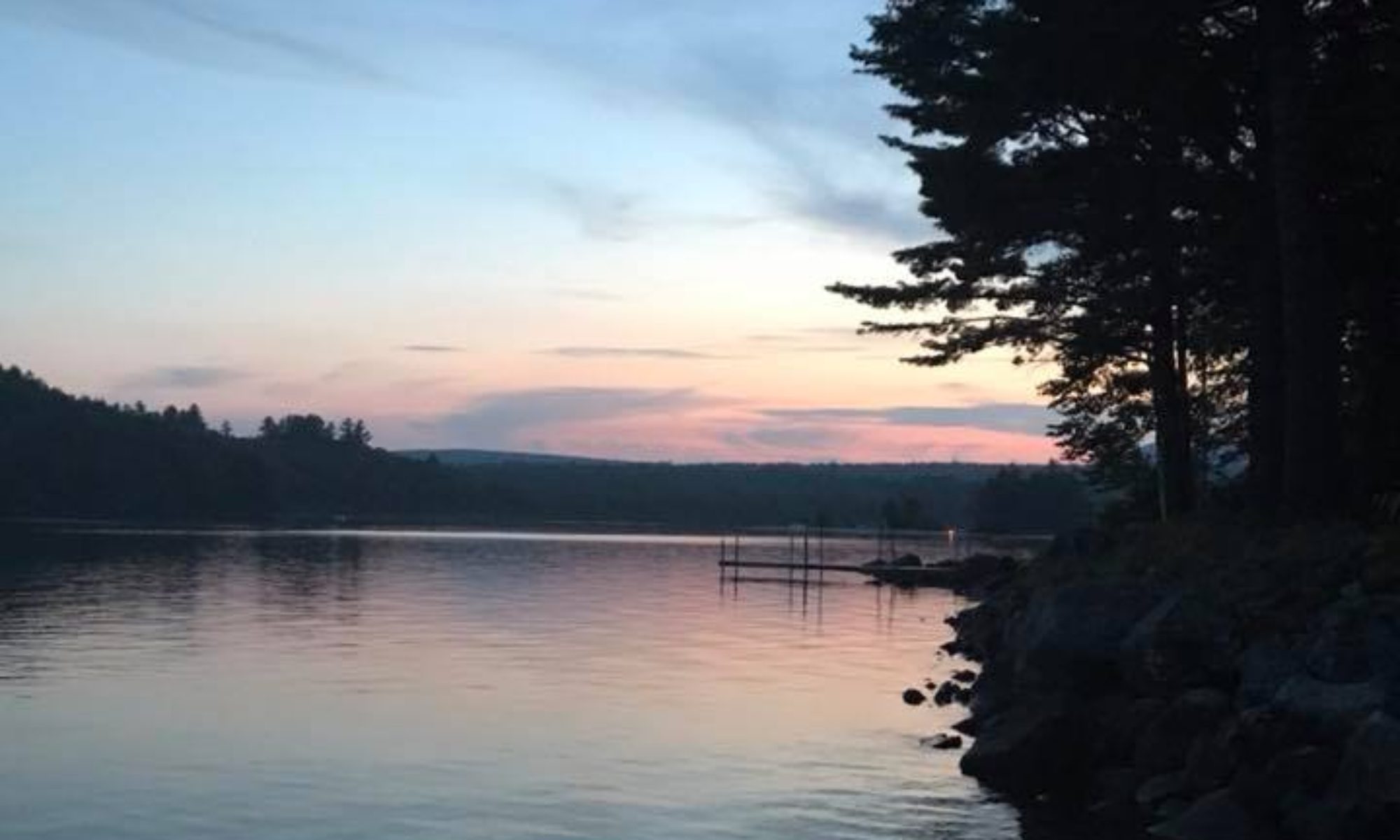In May of 2018, my 7th graders were dissecting squid in science class. My sixth graders were performing Hamlet in ELA with costumes and rehearsals. My eighth graders were creating and conducting their own experiments. We had field day and spirit day and fundraisers. There was a great energy. School was engaging and fun.
Nobody will deny that this year has been hard. I don’t need to list all the reasons. But here’s something I think is missing from the dialogue… As the adults are getting back into some regular rhythms, we might assume the same of our students.
Please don’t.
Our middle school is dealing with an unprecedented number of behavior problems. Kids are fighting. Skipping school. Mouthing off. Failing classes. Referrals to counselors for anxiety and depression have tripled.
The teachers are busting our BUTTS to create engaging lessons. We are working harder than we’ve ever worked. But it’s not working. What is happening here?
It’s easy to get frustrated with the kids. They’re not paying attention. They’re unmotivated. They’re not doing their homework. They’re disengaged. They’re lethargic. They’re rude. They’re impulsive.
Ask any teacher, and they’ll tell you that they are using ALL the available tools. But it feels like nobody is acknowledging that all of our best practices have been stolen from us this year.
Our desks are lined up in rows, facing forward. There’s no peer-to-peer conversation. There’s no group work. There’s no sharing materials; no posters or experiments or projects. They can’t touch each other, or sit close enough to collaborate. Each period of the day, they sit in a classroom, with the desks facing the teacher. They’re expected to remain engaged, but all of the WAYS we typically engage them have been taken from us. Sure, we try… with games and videos and all the creativity we can muster. And it’s still not working.
Just because your kids are back IN school, doesn’t mean that ANYTHING is even remotely normal for them. School like this is still incredibly hard.
Think back to your own Middle School experience. What do you remember? Lectures and worksheets and research and essays? Probably not.
Maybe you remember singing in chorus. But now rehearsals take place on the soccer field, so kids are far enough away that they can safely sing. Never mind that they can’t even hear each other.
Maybe you remember dissecting a frog. But that would require group work and sharing materials and moving around the classroom. That’s no longer allowed.
You probably remember laughing at the lunch table with your friends. But imagine lunch is facing forward, no talking, six feet from any other human. Sounds pretty awful, right?
Every class period, we have 20 or 21 kids asking to leave to go to the bathroom. It’s super frustrating. You can’t POSSIBLY have to pee that much. We had to start limiting their trips to the bathroom. But have you ever attended a workshop or conference where you just had to sit and listen and take notes? Wasn’t that exhausting? Didn’t you ever pretend to use the bathroom just to have an excuse to move your legs? Imagine that every day, without even a lunch break for socializing and distraction.
Guys, our kids? They are BARELY HANGING ON. We have taken every fun part of school and tossed it aside. The kids are left with notes and slideshows and videos, homework and testing and, of course… MCAS. Seriously?
PLEASE don’t blame the teachers. We have redefined everything we do to try to fit our creative, engaging lessons into these limited parameters. And on top of trying to engage the kids in front of us, we have to create parallel remote lessons for the kids who have chosen to stay at home.
It’s just not enough. Teachers are burned out because our best efforts right now are just not enough.
Because the one thing that the kids need most is the one thing we can’t give them right now. Connection. Real, genuine, deep connection. Conversations with their peers. Inside jokes. Embarrassing moments. Shared failures and successes.
We are SOCIAL beings. And our kids, even more so. They learn from each other. They learn by doing. They are wired for creativity and connection. They are not wired for this. Nobody is wired for this.
So please, if your kids are ‘back to school’ and they come home miserable and difficult and exhausted, please know that there’s a reason. These kids are being required to do something miserable and difficult and exhausting.
Please know that ‘back to school’ does NOT mean ‘back to normal.’ So when those miserable, moody kids give you a hard time? Don’t take it personally. Give them a hug. Play a stupid game. Share a meal together. Give them as much connection as you can before you send them back to school tomorrow.


